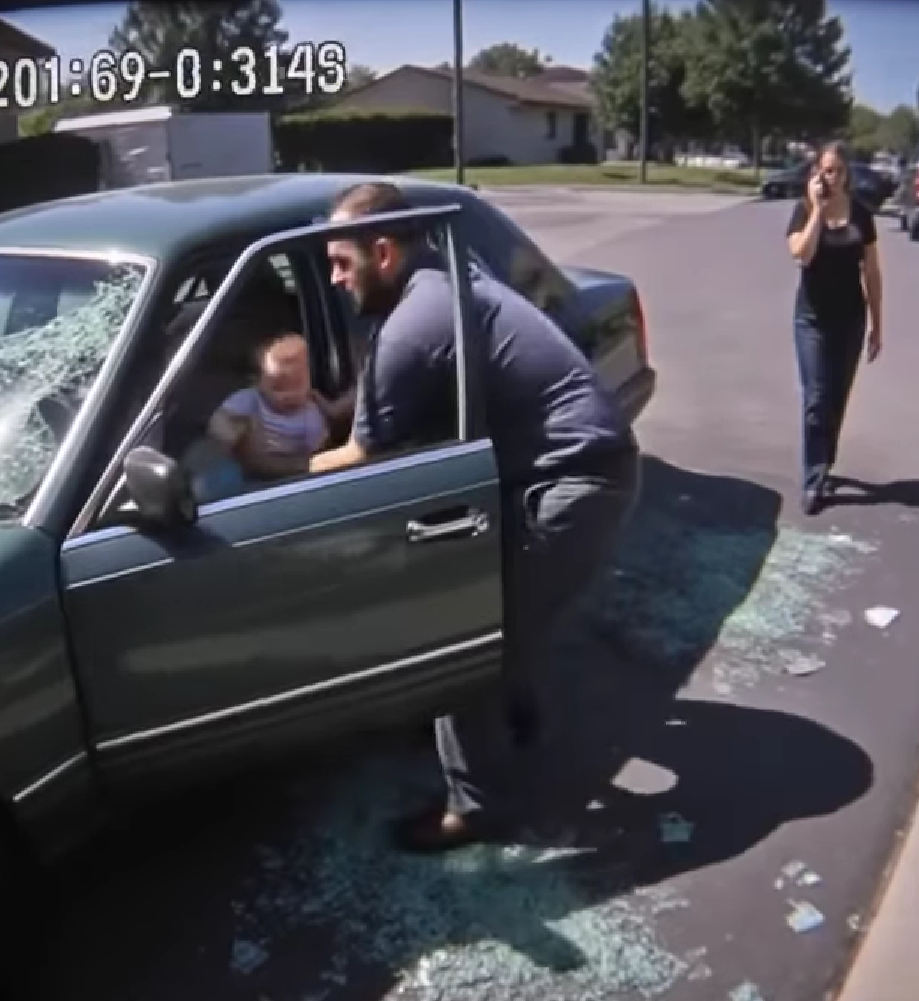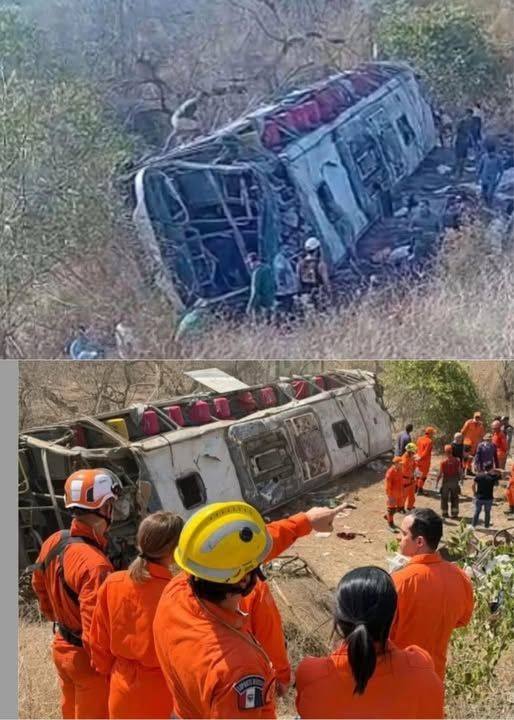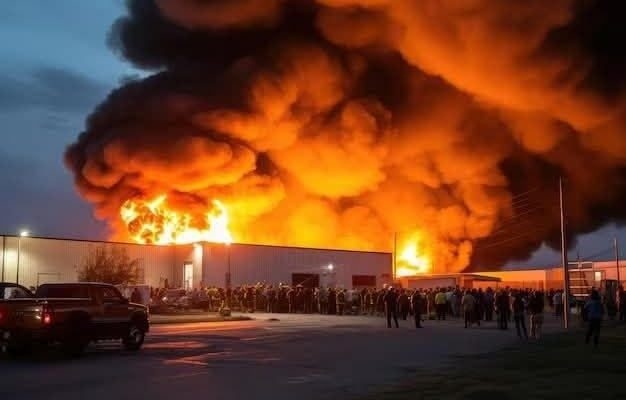
As Thomas cradled the baby in his arms, the sense of relief was overwhelming. The child’s cries softened, and he could feel the tiny heart slowing down from its frantic pace. He comforted the little one, his instincts kicking in to ensure the baby felt safe and secure. The immediate crisis was over, but Thomas couldn’t shake the anxiety of what had just transpired.
People started gathering, drawn by the commotion and the sound of the smashed window. Some offered water and a soft blanket for the baby, while others dialed emergency services. Everyone present could agree on one thing: something had to be done to ensure the child was safe. Moments later, the mother appeared.
She rushed towards the group, eyes wide, and Thomas prepared himself for the inevitable confrontation. He expected her to be shocked, possibly thankful for the intervention that had saved her child. But the sequence of events that followed left everyone in disbelief.
The mother, a woman in her late twenties, didn’t initially look at Thomas or the baby. Her eyes zeroed in on the car—the shattered window, the scattered glass, and the damage. Immediately, she raised her voice, not in gratitude, but in anger. Her words were sharp and accusatory, directed at Thomas.
“What have you done to my car?” she asked, her voice piercing through the surrounding silence. Her disregard for the baby’s well-being was evident, as she bypassed her child’s presence entirely, focusing solely on the inconvenience caused to her vehicle. Her tone was filled with indignation and disbelief, not for the potential loss of her child’s life, but for the physical damage to her property.
Thomas, taken aback, tried to explain his actions—his urgency to save the baby from the sweltering heat, the lack of time to find another solution. But the mother was relentless, berating him for involving himself in her affairs. Her reaction was not only unexpected but deeply unsettling for everyone around.
The crowd, which had gathered in support of Thomas’s actions, was appalled. Murmurs spread as people questioned how a mother could prioritize a car over her child’s life. Some tried to intervene, reminding her of the danger her child had been in. Yet, the mother’s focus remained on the broken window, the inconvenience, the mess.
Emergency services arrived shortly after, and the situation was explained to the officers. The mother continued to argue her case, her words filled with self-righteousness. Thomas, though shaken, stood firm in his decision, knowing he had done what was necessary to save a life.




